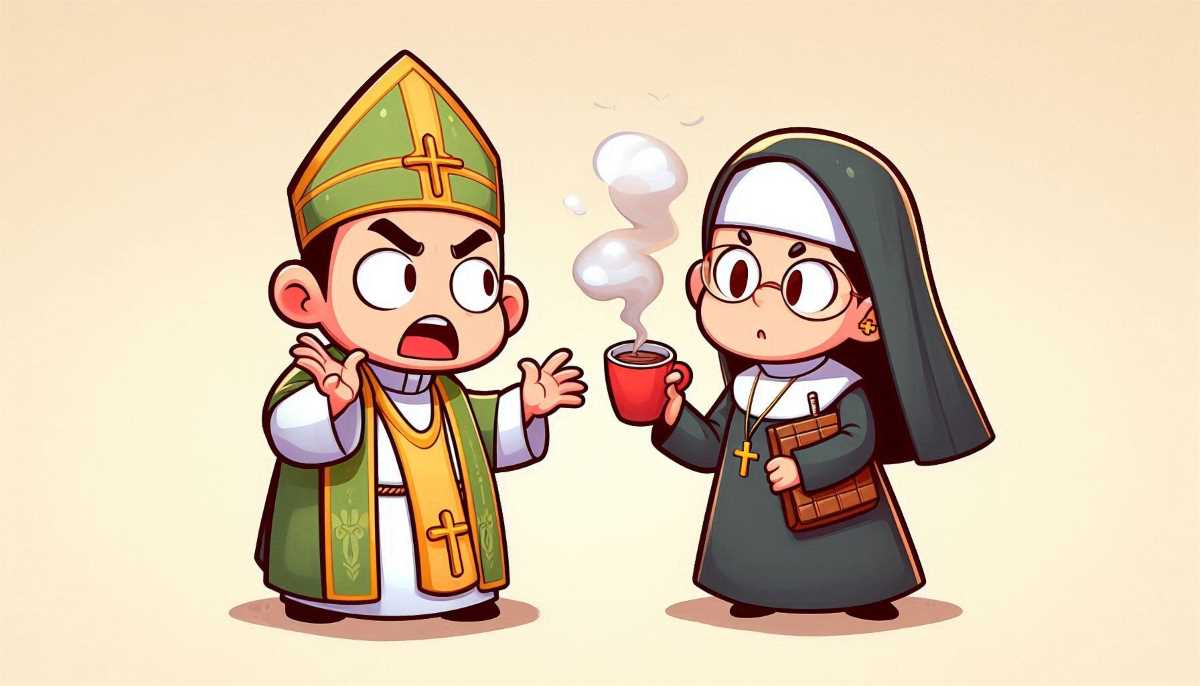The Rise and Fall (and Rise Again) of Chocolate
Chocolate, once revered as a medicinal elixir in Mesoamerica, gained popularity in Europe as a luxury drink. Initially seen as a remedy for various ailments, its reputation shifted towards indulgence and status.

Few foods have traveled through history as intriguingly as chocolate, a delicacy that has stirred not only the palate but also the imagination, faith, and nerves of those fortunate enough to encounter it. While it never quite achieved the reverence afforded to cocoa drinks by Mesoamerican civilizations, where it was often seen as a conduit to the gods, chocolate nevertheless forged its own path in the Old World as an energizer, a medicine, and a surprising source of theological turmoil.
Long before energy drinks or protein bars lined supermarket shelves, chocolate was the go-to pick-me-up for travelers, intellectuals, and the ailing. Its rich composition made it an ideal restorative after a journey through rugged terrains or a bout of illness. “For those who suffered from turbulent travels or a weak stomach,” a steaming cup of chocolate could do wonders, replenishing the body’s lost vigor and soothing digestive woes. In an era where meat and dairy often proved too heavy for some delicate constitutions, chocolate was more than a treat; it was sustenance.




